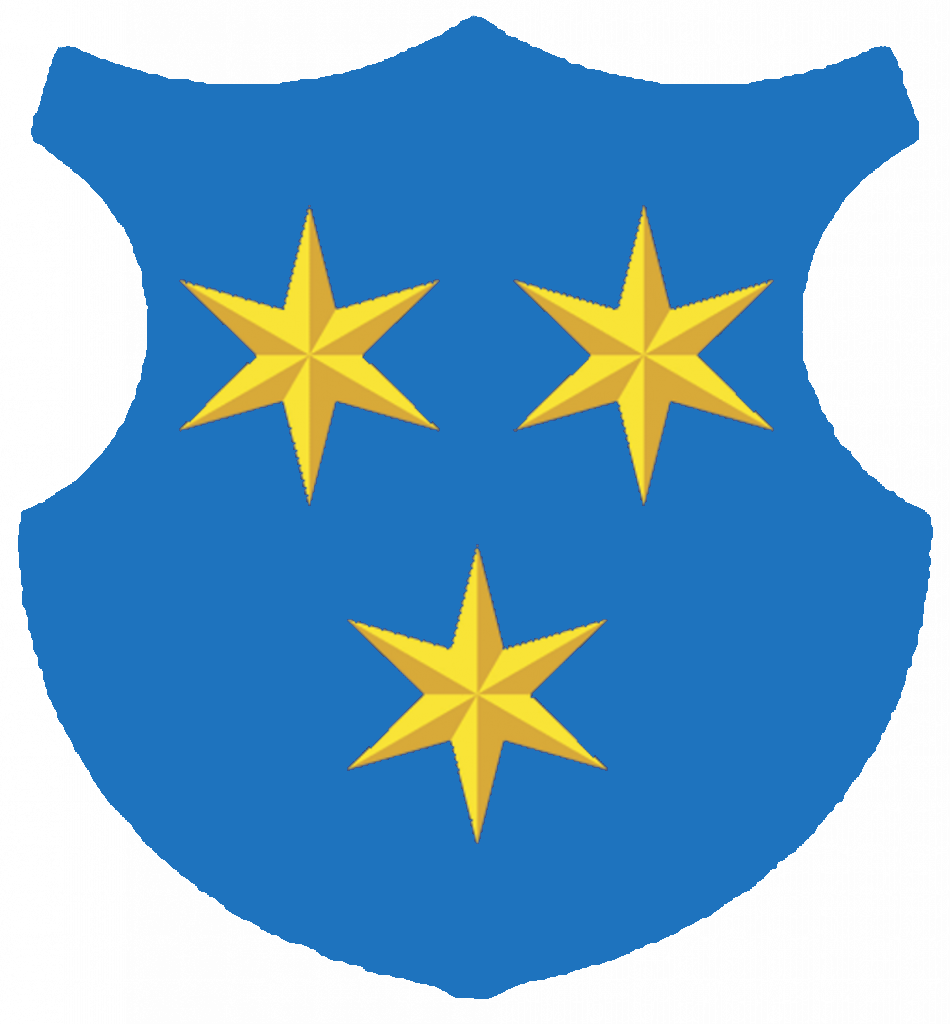Henrik Schollmayer Lichtenberg, Manager of the Snežnik Estate
Henrik Schollmayer Lichtenberg was by education a forester. From 1884 up until his retirement in of 1919, he was employed on the estate of Snežnik – first as manager of the Mašun hunting runs and from 1903 onwards as manager of the entire estate. In addition to his main occupation, Schollmayer Lichtenberg was also interested in a number of other areas, on which he wrote several articles, some which still figure today as basic sources for researching individual topics in the fields of historiography, ethnology, meteorology and so forth.
The Fight in Šantlov’s Entrance Hall
The author presents an analysis of the first more significant German-Slovene excess which led to a fist-fight and which definitively shattered the illusion of the peaceful co-existence of the Slovene and German middle-class citizens. After a depiction of how the provocations between the German “Turnarji” and the Slovene Sokoli clubs escalated and a description of the exciting sequence of events which led to the culmination in Šantlov’s house in the night from July 23rd to 24th 1867, the author also discusses the direct and long-term repercussions of the scandal, including the occupation of Ljubljana by additional troops, the suspension of Mayor Costa, the trials and convictions of the main protagonists, the decrease in the popularity of the Slovene party and the defeat it experienced as a result during the municipal elections in 1868, the Slovene boycott of a number of the following municipal elections achieved by the outraged Costa and the establishment of the Gerrnan Municipal Government which ruled Ljubljana for the next 14 years.
Morals and the Rules of Good Behaviour within the Family Circle in the Light of Bourgeois Etiquette
Based on the bourgeois etiquette of the times, the author discusses family morals and values and the rules of good behaviour adhered to by middle class circles before the First World War. The moral principles upheld within families are revealed as the internal dividing-lines of middle class society and as the social mechanisms which maintain the status quo of the position of the middle class citizens which is rooted firmly in unchangeability and their tenacious amassing of and grip on privileges.
The Play Stara Pesem: Viktor Parma’s Masterpiece and Ivan Cankar’s Botch-Up
In 1898, the writer Ivan Cankar (1876-1918) translated (amongst numerous other works) a libretto by Guido Menasci (1867-1925) for the “dramatic romance” Stara Pesem (An Old Song) written by Viktor Parma (1858-1925). However, Cankar did not translate the text from the Italian original, but used the Croatian translation by August Harambašič instead. The work, which was based on motifs from the poems of Heinrich Heine, did not reap particularly positive critics, despite the several performances given. The Slovene translation of Stara Pesem, which was thought lost for several decades, was discovered in 1998 by Mitja Spreizer in the Musical Collection of Ljubljana’s National and University Library.
Vladimir Levstik and Ivan Cankar, or: The Secret Still Lives
Through the transcription of Vladimir Levstik’s letters to Ivan Cankar, the author attempts to shed light on the specific relationship between the two authors. The good times and the bad times seen by their friendship are reflected in their correspondence and in their letters to other writers. At the same time, the letters also give a deep insight into the life-style and way of thinking of the authors and mirror the glitter and the misery of the lives of writers in the second decade of the 20th century.
Milan Hodža and Central Europe
Milan Hodža was, without doubt, the most prominent Slovakian politician in the first half of the 20th century. Beginning as a delegate to the Hungarian Parliament, his political career reached its peak during the first Czechoslovakian Republic in which he held several functions, including that of the only prime minister not of Czech nationality. His political insights and actions by far exceeded the borders of his homeland and earned him renown as the leading representative of agrarian reform in Europe. A great part of his activities were devoted to promoting good relations and ties amongst the countries in Central Europe, encouraging them to take unified political action, as he saw in this the key to alleviating political tension and to achieving the much required geopolitical balance in Europe at that time. His ideas of a Central European federation also found support in Slovenia, as Edvard Kocbek, for example, completely supported the main points of Hodža’s vision of the future shape of Central Europe.

